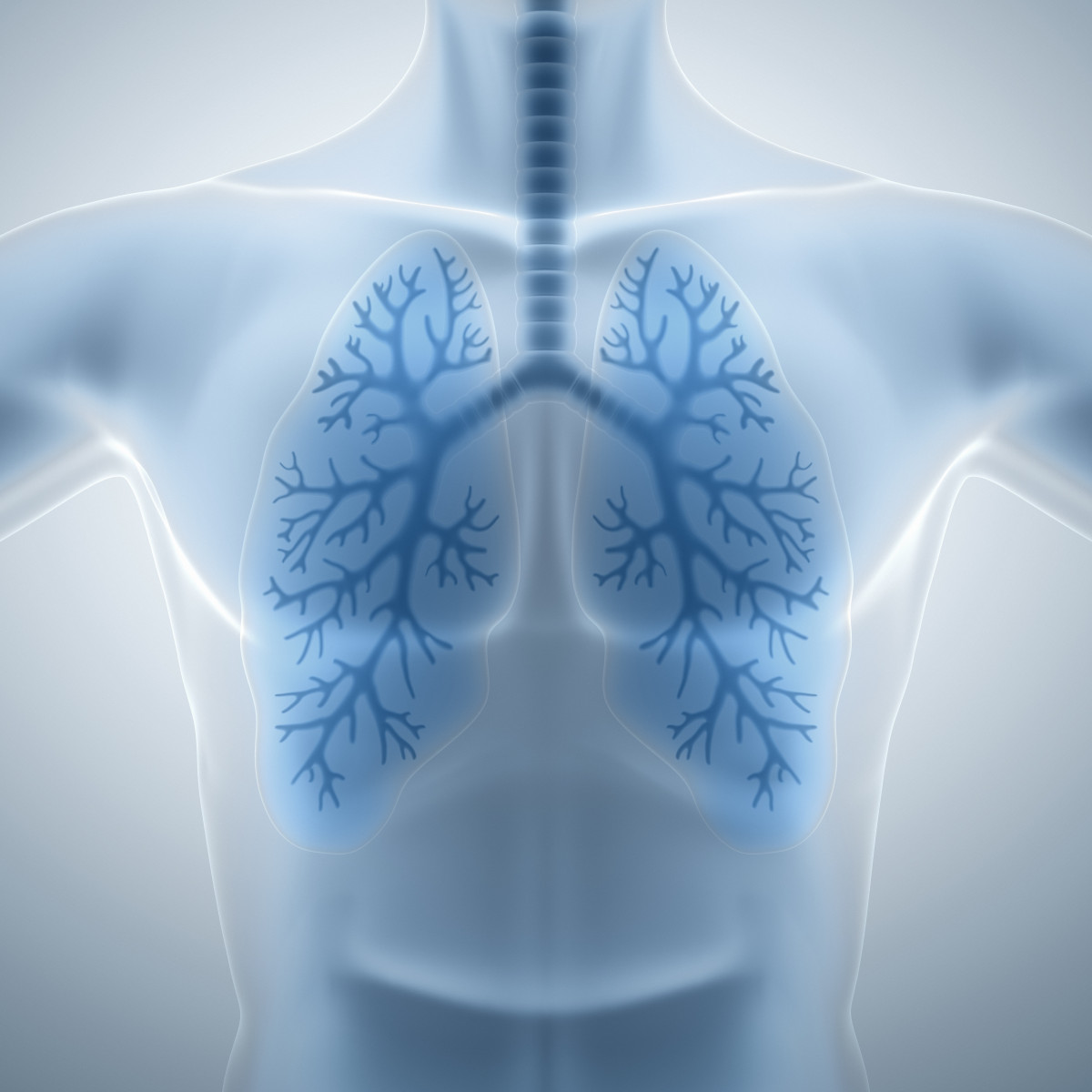Higher Interleukin-7 Serum Levels Could be Biomarker for CF, Study Suggests

Shutterstock
A recent study confirmed the presence of increased serum levels of interleukin-7 (IL-7) in cystic fibrosis (CF) patients, compared with healthy controls. The researchers could establish a link between higher IL-7 levels and worse lung function in patients, suggesting a possible biomarker for CF.
The study, “Higher Interleukin-7 serum concentrations in patients with cystic fibrosis correlate with impaired lung function,” was published in the Journal of Cystic Fibrosis.
Pulmonary infection by bacteria is a key feature in CF and the main cause of the disease’s worsening. Bacterial infections suppress the adaptive immune system, e.g. immune T-cells, blocking their ability to protect the body from further infections.
Because an impaired T-cell function has been associated with increased levels of IL-7 — a signaling molecule that immune cells secrete to communicate with other cells — researchers wanted to better understand the relationship between CF and IL-7 levels.
They recruited 34 young people (mean age 13.2 years) with CF from the University Children’s Hospital in Dusseldorf, Germany, and 130 adult CF patients (mean age 33.3 years) from the University Hospital Essen, Germany. Sixty healthy people (mean age 12.8 years) served as controls.
Serum analysis showed that CF patients had significantly higher concentrations of IL-7 (median 9.79 pg/mL) compared with healthy controls (median 4.55 pg/mL).
By analyzing and comparing multiple parameters against IL-7 serum concentrations in CF patients, the team found a significant negative correlation between IL-7 levels and forced expiratory volume (FEV-1; a measure of lung function).
This was confirmed when researchers performed a time-course analysis to understand the effects of progressive lung dysfunction in CF patients.
By comparing the first analyses of 78 patients with a second point in time — about a year and a half later — the team confirmed a negative association between IL-7 levels and FEV1. By the next point in time, FEV1 values had decreased from a median of 53.5% to 46.5% (indicating worse lung function), while the overall serum levels of IL-7 had increased from 9.26 pg/mL to 10.86 pg/mL.
“FEV1 is widely used as a central surrogate marker for lung function with strong implications for treatment decisions, including lung transplantation at late CF disease stages” the team stated.
In contrast, many immune-related parameters that were analyzed did not correlate with IL-7 levels. Among these were T-cell counts, bacterial infections, and levels of C-reactive protein (CRP) — an inflammation marker in the body — in CF patients.
However, although not significant, researchers found a trend indicating a possible increase of IL-7 levels after infection with the bacterium S. aureus.
“S. aureus infection has been suggested to be involved in aberrant pulmonary inflammation in CF patients, adding to the hypothesis that inflammation could be a key factor for T-cell disturbance and higher IL-7 serum levels” the researchers stated.
Based on the results, the team concluded that high IL-7 serum levels in CF patients “correlated with impaired lung function during CF disease course. As a candidate biomarker of T-cell dysfunction, higher IL-7 serum level may also indicate worsened immune competence of patients with CF.”
Long-term follow-up studies are needed to “address the question if IL-7 serum levels can be used as an early marker to predict CF pathology influence on lung function,” the team said.







